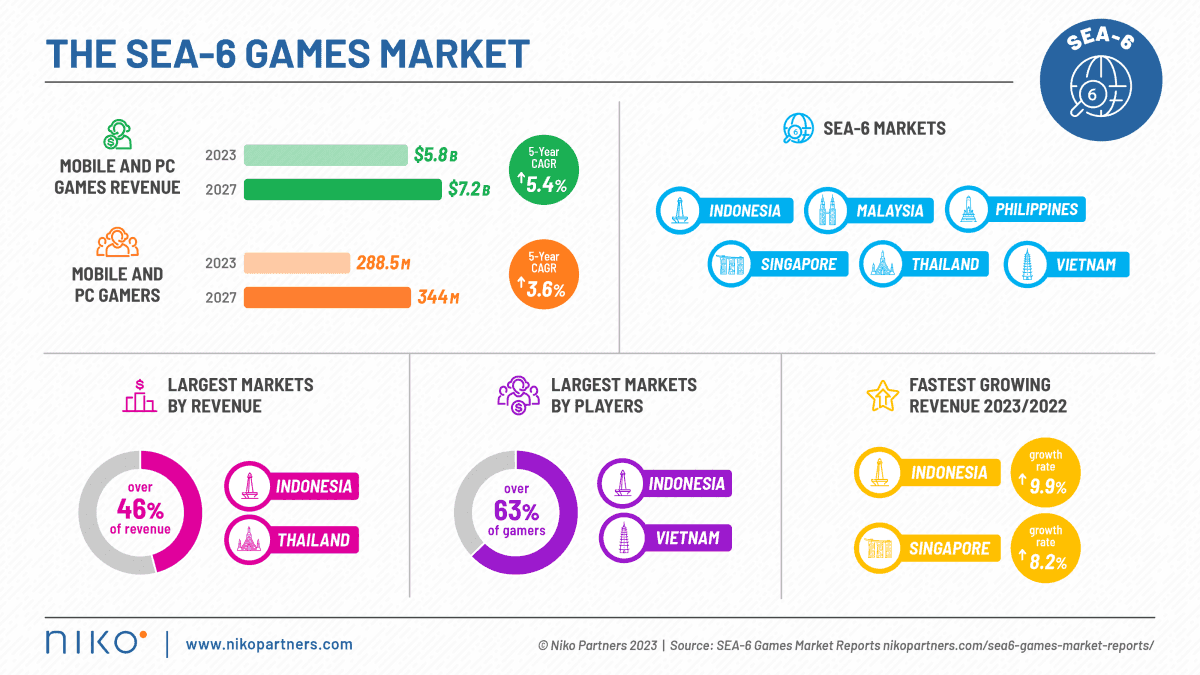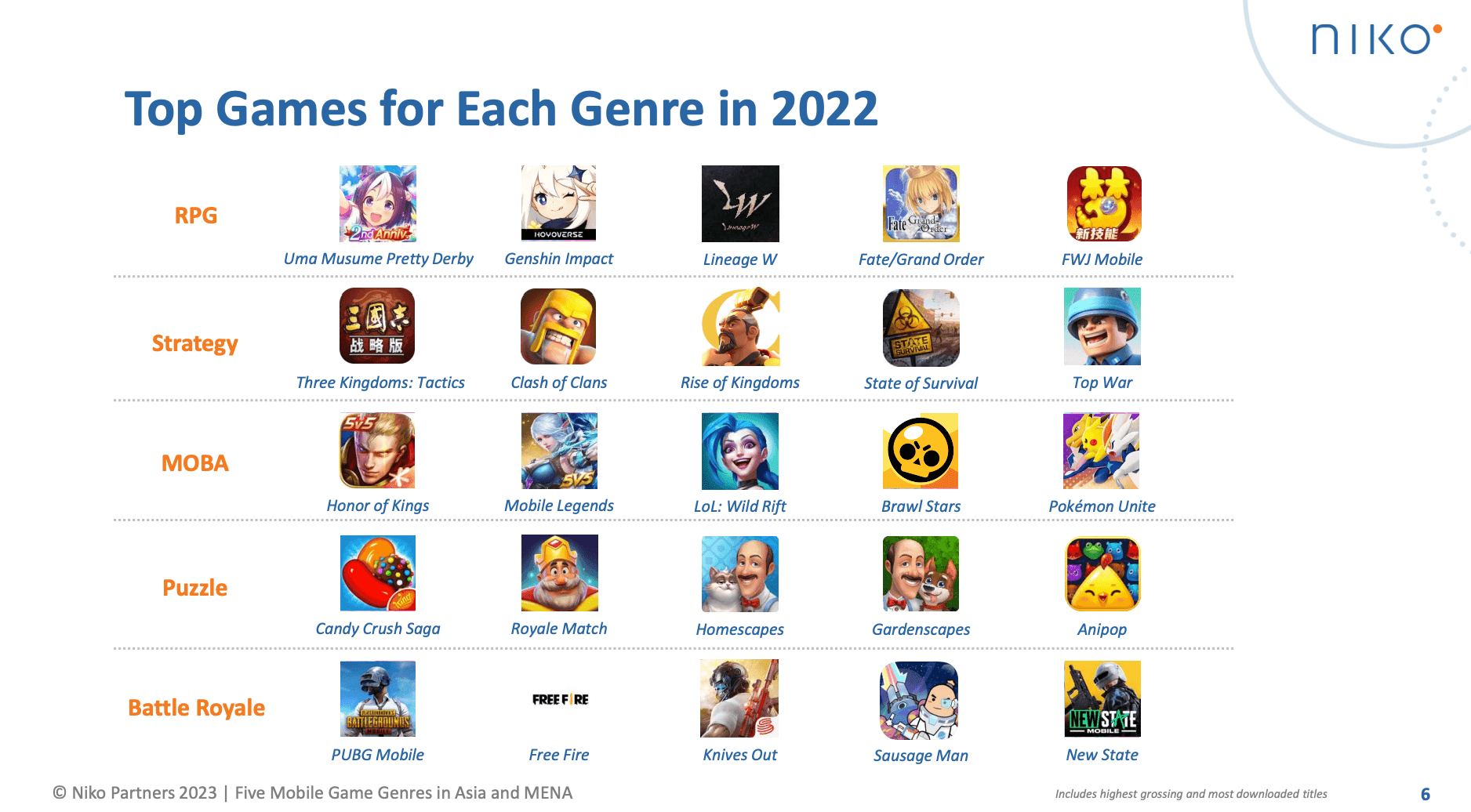In a recent report by Niko Partners, a comprehensive overview of the gaming markets in East Asia reveals a projected surge, with combined PC and mobile game markets expected to reach $30.8 billion by 2027.
Despite demographic challenges and modest economic growth, East Asia remains a significant player in the global gaming industry. The region hosts headquarters for renowned game companies, contributing to the international success of blockbuster titles. The rise of esports further presents opportunities for various stakeholders, making East Asia a crucial market for developers, publishers, hardware manufacturers, infrastructure providers, and investors.
Niko Partners East Asia regional research includes a comprehensive report on Japan, South Korea, and Chinese Taipei that covers the latest developments in the video games market and esports industry in the region. In this deep dive, we unpack the intricate dynamics of the region. Covering the latest developments & trends, as well as analysis and insights for web3 gaming.

Niko Partners projects that the East Asia PC and mobile game markets generated $29.8 billion in 2023, with an anticipated increase to $30.8 billion by 2027. Despite a demographic explosion, the gamer base in East Asia is expected to grow only modestly from 108.3 million in 2023 to 110.6 million in 2027, representing a 0.6% increase.
Japan maintains its status as a gaming powerhouse, contributing over 60% of the total games revenue in the region. With more than half of East Asia's gamers residing in Japan, the country holds the position of the third-largest video game market globally. The Japanese games industry experiences further consolidation as more titles gain approval from China's National Press and Publication Administration (NPPA).
Korea dominates the PC games market, representing over 55% of total East Asia games revenue. Notably, more than 45% of the total East Asia PC gamers come from Korea, with 42.7% of them spending time at internet cafes, marking the highest share in Asia-10. Esports-related titles, particularly League of Legends, contribute significantly to Korea's games revenue, reflecting the country's thriving esports culture.
Chinese Taipei leads in gamer penetration, with over 56% of its population engaging in gaming, surpassing both Japan and Korea. In Chinese Taipei, indie game studios and VTubers emerge as major drivers of the gaming industry, adding diversity to the market.
As the gaming landscape evolves, these findings bear relevance to the future of web3 gaming. The integration of blockchain technology and decentralized systems is poised to play a pivotal role in shaping the gaming industry's trajectory in East Asia. Stakeholders and enthusiasts should closely monitor these developments as they hold the key to the next era of innovation and success in the region's gaming arena.



